Publications
Articles, publications, books, tools and multimedia features from the U.S. Institute of Peace provide the latest news, analysis, research findings, practitioner guides and reports, all related to the conflict zones and issues that are at the center of the Institute’s work to prevent and reduce violent conflict.
Question And Answer
Whither NATO at 75?
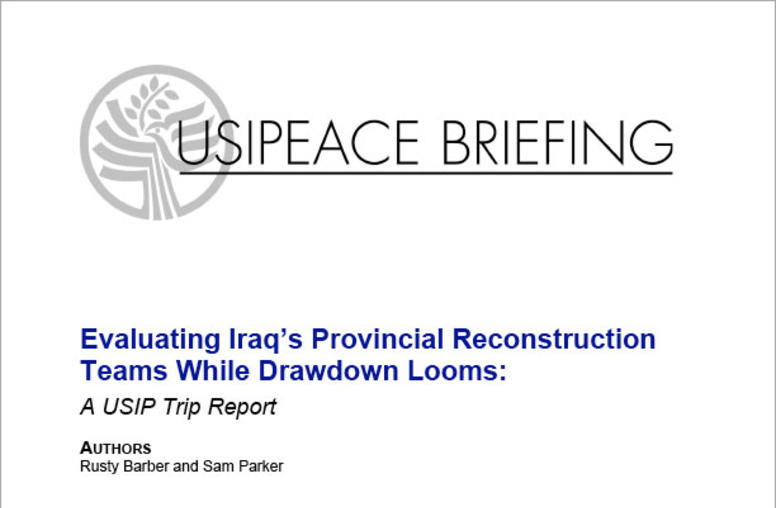
Evaluating Iraq’s Provincial Reconstruction Teams While Drawdown Looms: A USIP Trip Report
Since their 2005 inception in Iraq, PRTs have struggled to fully define their mission, overcome structural problems, learn to work alongside their military counterparts and assist Iraqis down the path to self-governance and stability so that U.S. forces can withdraw. While the concept was born in the Afghan conflict, PRTs in Iraq bear little resemblance to their Afghan cousins, which are led and largely staffed by military officers.
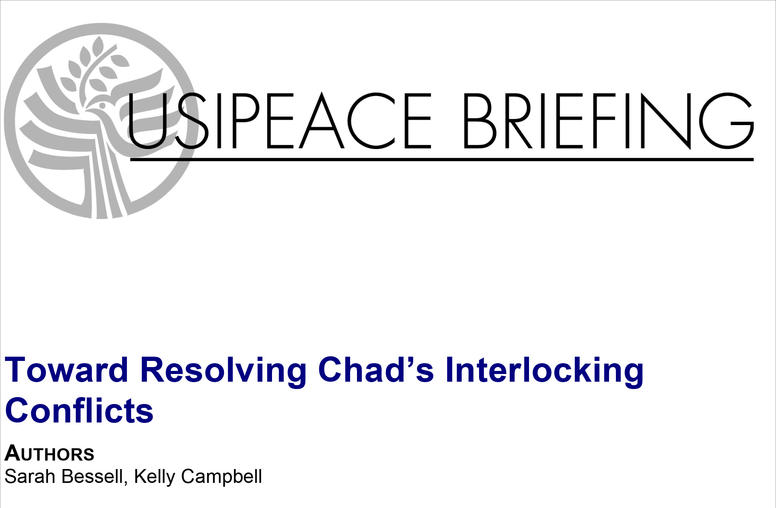
Toward Resolving Chad’s Interlocking Conflicts
The fragility of the Chadian government, as well as the fragmentation among Chadian civil society, political parties, and rebel movements, poses significant challenges that Chadian civil society, regional governments, African institutions and the international community must address with a coordinated strategy. Although the situation in the country is often examined through the lens of the Darfur crisis, several internal factors drive the instability in Chad and its regional actions.
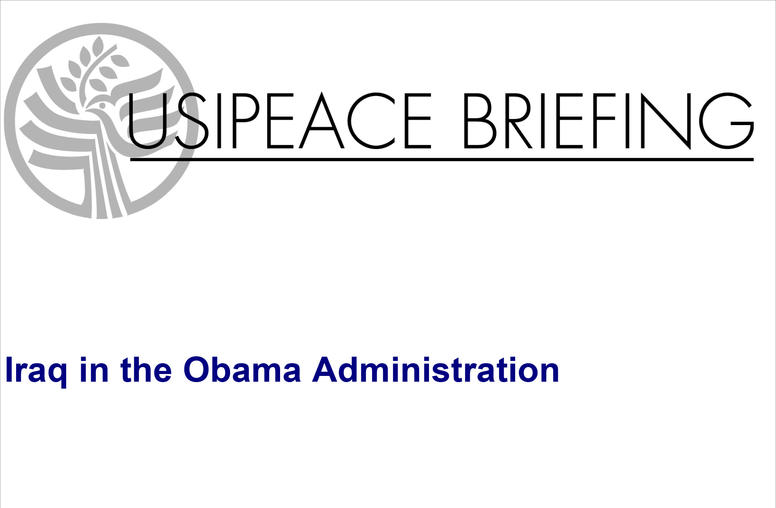
Iraq in the Obama Administration
President-elect Obama has stated his commitment to withdraw combat brigades from Iraq within 16 months, leaving a residual force of unspecified size for counterterrorism operations, training and equipping Iraqi Security Forces (ISF) and protection of Americans. Judging from his statements during the campaign, it appears that the President-elect would like to leave Iraq’s internal problems to the Iraqis and treat Iraq as part of overall regional concerns rather than being his central focus.
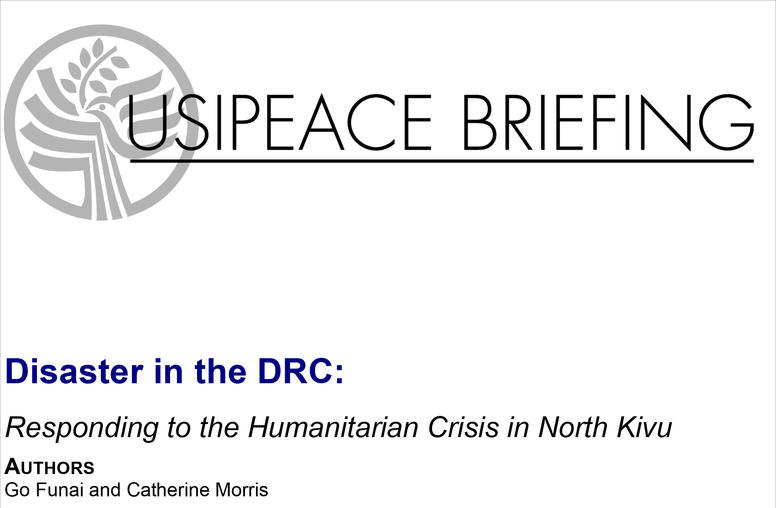
Disaster in the DRC: Responding to the Humanitarian Crisis in North Kivu
This USIPeace Briefing discusses the resurgent violence that left hundreds dead, thousands displaced and millions destitute in North Kivu province in the Democratic Republic of the Congo. The report, by Go Funai and Catherine Morris, highlights the meaning of "human security" in a chronic conflict zone, informal lending mechanisms among local ethnically homogenous communities and the role of neighboring African states in contributing to conflict and stability in the DRC.
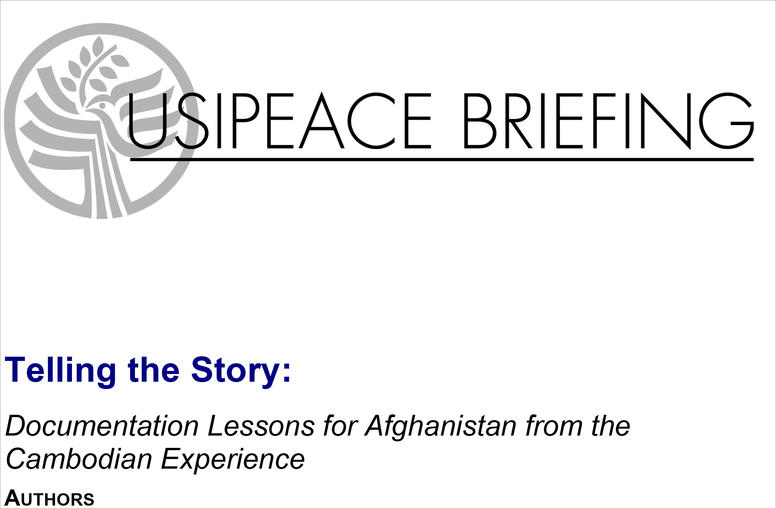
Telling the Story: Documentation Lessons for Afghanistan from the Cambodian Experience
USIP recently co-sponsored a conference in Cambodia to highlight lessons learned about war crimes documentation for Afghan human rights practitioners. USIP's Scott Worden, who organized the event, reports that a broad range of documentation techniques from computer databases to memorials are available to tell victims' stories in a way that promotes healing and a greater understanding of the past.
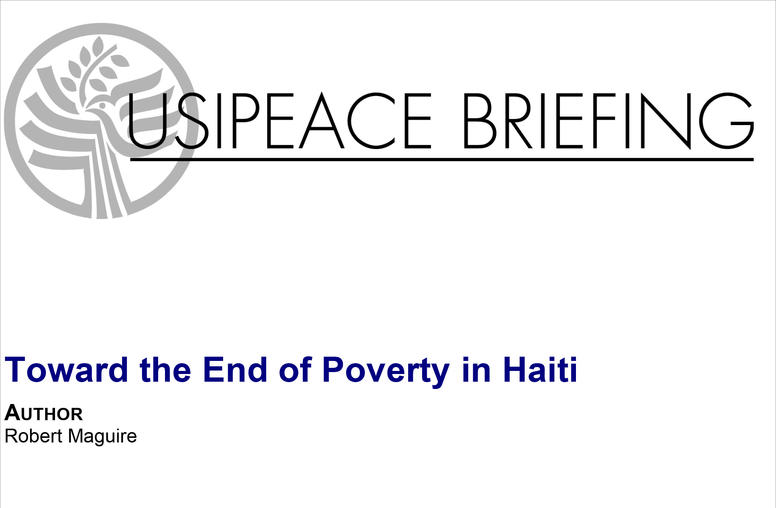
Toward the End of Poverty in Haiti
In July 2006, Haitian poet and historian Jean-Claude Martineau spoke at USIP and said that Haiti is the only country in the world with a last name—“Haiti, poorest country in the western hemisphere” —as described in the media. Sadly, in the two years since, conditions have worsened. Four severe storms that struck Haiti in September 2008 only exacerbated the already critical problem of the country’s poverty.
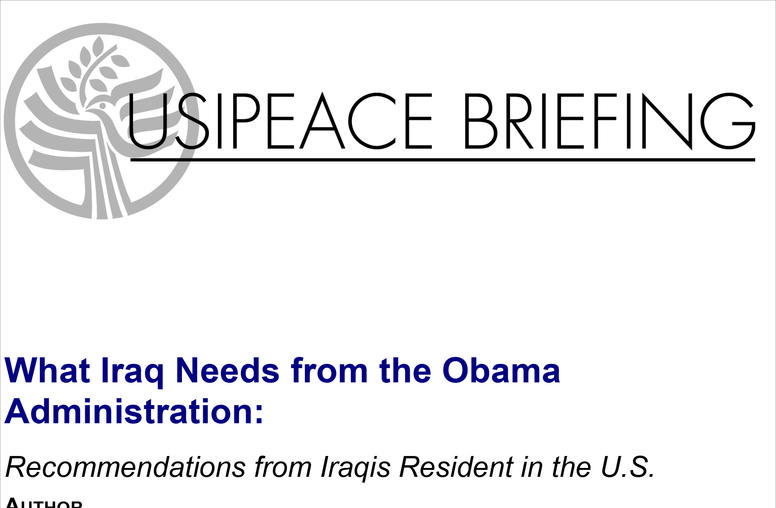
What Iraq Needs from the Obama Administration: Recommendations from Iraqis Resident in the U.S.
Iraq has experienced a notable reduction in violence in the past year, and the Iraqi panelists asserted the need for a continued presence of multinational forces to maintain this progress. However, as Almusawi specified, Iraqis insist that any agreement regarding the presence of foreign troops should not compromise the country's sovereignty. The terms of the agreement must be clear, in Iraq's interests and approved by the Iraqi people.
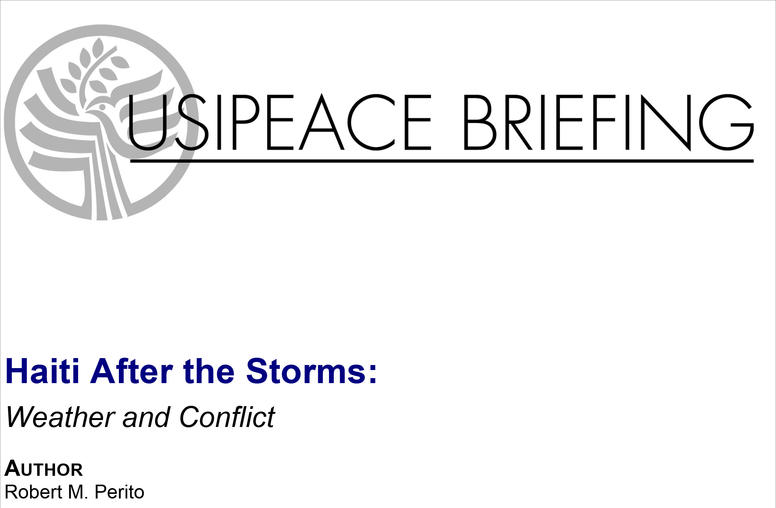
Haiti After the Storms: Weather and Conflict
In September 2008, four hurricanes and tropical storms—Fay, Gustav, Hannah and Ike—slammed into Haiti with devastating force. Nearly 800 people were killed, 300 remain missing and more than 500 were injured.
In the Field: Colombia
The Religion and Peacemaking program at USIP visited Colombia in November 2008 to support a joint-initiative of the Conferencia de Religiosos y Religiosas de Colombia, the organizing body of Catholic men’s and women’s religious orders, and Justapaz, a Menonite organization, to convene a four-day workshop outside of Bogota for Catholic and Protestant women peacemakers. This workshop provided an opportunity for women doing peace work on the ground through their churches to share best practices,...
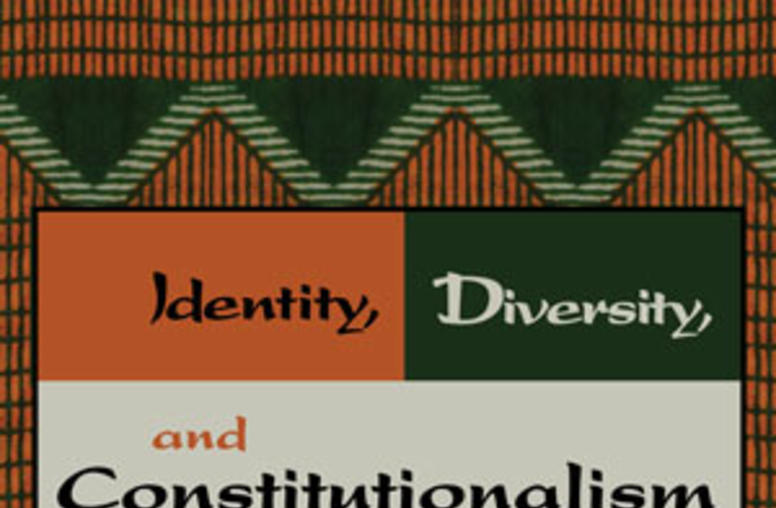
Identity, Diveristy, and Constitutionalism in Africa
In this innovative and stimulating volume, Francis Deng outlines a new relationship between governments and societies—a relationship informed by Western concepts but based on traditional African values such as respect for human dignity, equality, and self-rule.